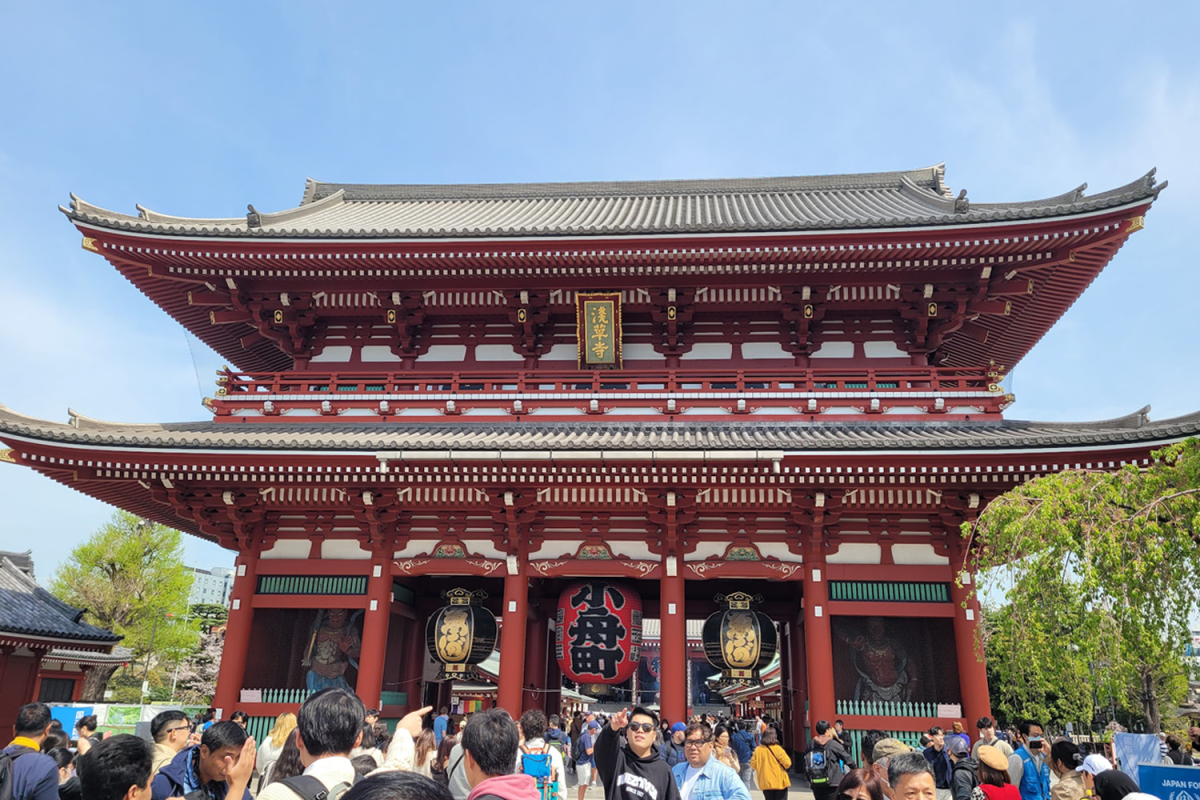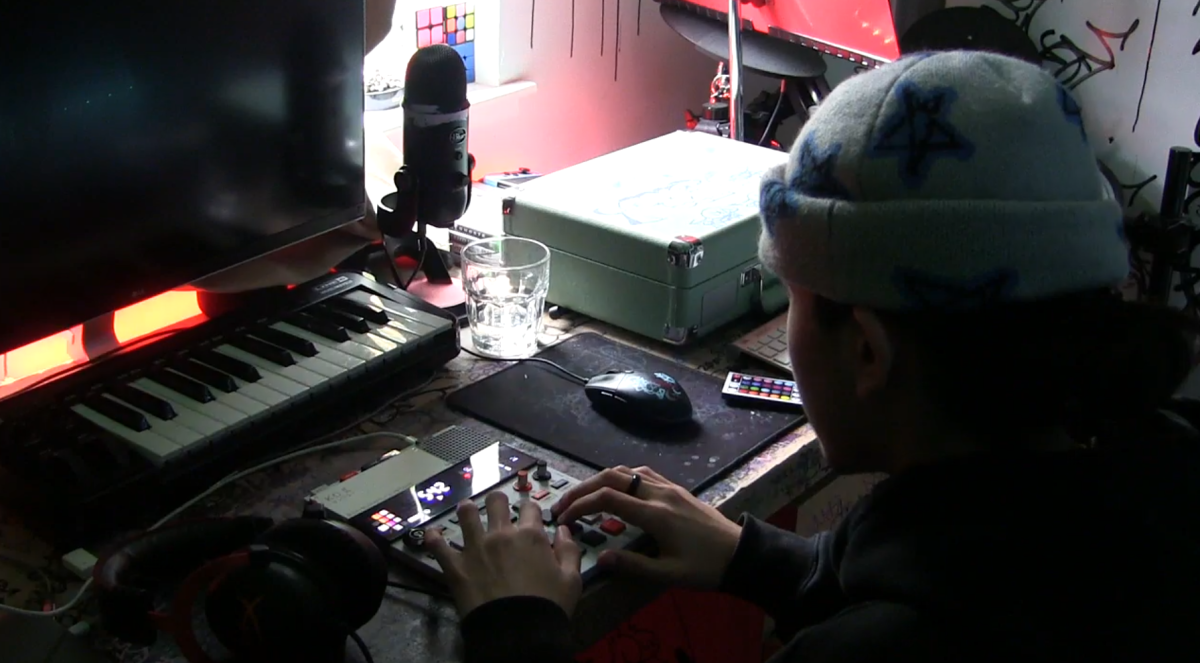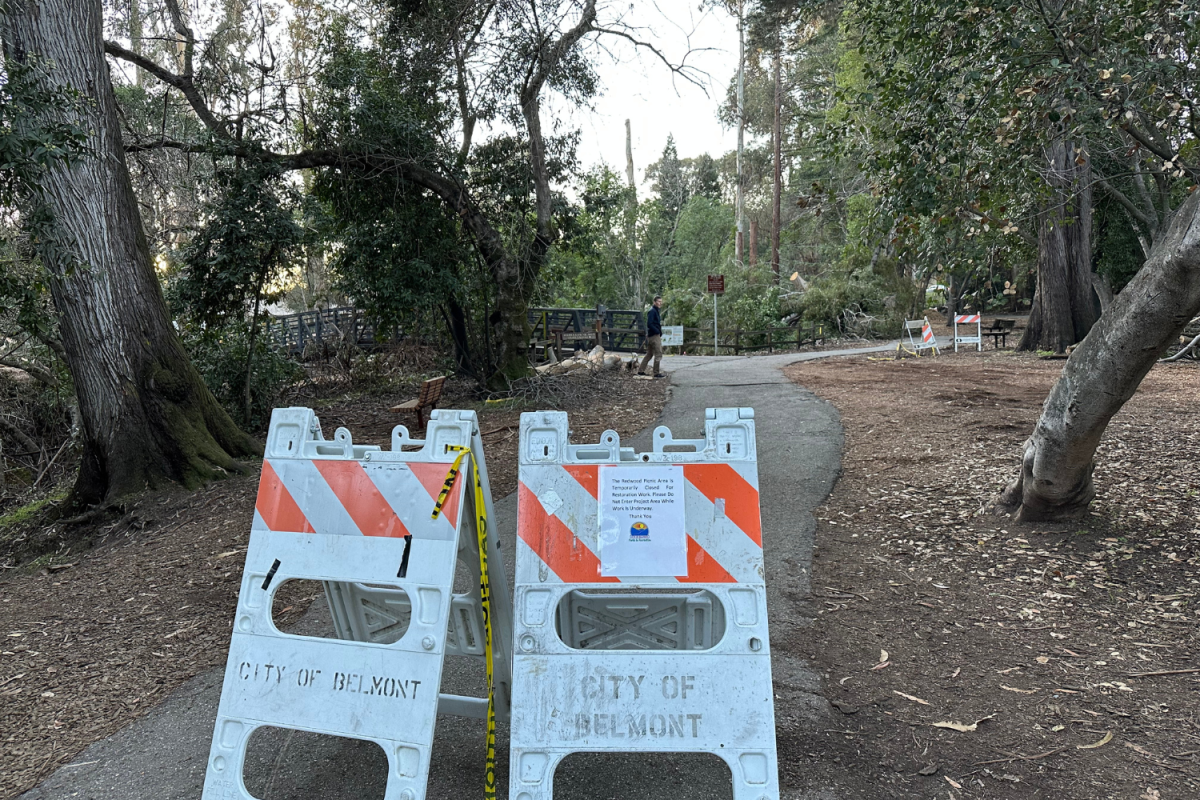Japan may seem like heaven on Earth with its gorgeous scenery, immaculate food, eye-catching tourist attractions, minimal street waste, and respectful nature.
Japan’s history dates back to 1400 B.C., when the Jomon, who were hunter-gatherers, arrived on the Japanese archipelago. At a glance, all foreigners see is a country built upon the Bushido code, an honor code developed in the 11th century and carried into the 21st. Similarly, Japan’s technology and infrastructure make it seem like the country is living in the future. However, that could not be farther from the truth. Japan currently struggles with a slow-paced economy, horrible work culture, low birthrates, and providing proper equality for minorities.
Starting in the 1960s, Japan’s economy initially grew exponentially, with the sale of goods and money accumulated through that generally increasing. However, in 1995, the increase started to feel stagnant. According to Macro Trends, Japan remains the third-best country economically, generating an average of about 4.2 billion dollars annually. Yet, its average yearly percent increase since 1995 has only been 0.73%, compared to the 5.49% from years including and before 1995. Due to the loss in revenue, Japan has continuously inflated the prices of products in an attempt to improve the economy.
Japan also struggles greatly with equality. According to The Asahi Shimbun, in 2024, Japan was ranked as one of the top countries with the widest gender gap, specifically, the 73rd worst country out of 190 economies. Japanese women are only given 72.5% of the legal rights granted to men, which is lower than the 84.9% of rights given to the 34 high-income countries.
This issue strongly influences the work culture in Japan. According to Edstellar, Japanese work culture is focused on employees’ ability to work in teams, a strong work ethic, and a respect for hierarchy. While it may seem admirable, many workers are pushed to exhaustion because they are forced to work overtime.
Calling in sick or requesting breaks is heavily frowned upon and considered disgraceful. This makes workers out to be robots, not humans with mental capacities and lives. Japan, unfortunately, holds itself to an unrealistic standard. Coupled with the almost nonexistent increase in its economy, they believe it makes sense to force such hours onto these workers. Many workers even resort to killing themselves because they can no longer face the copious amount of stress. According to Statista, around 2.9 thousand people in Japan committed suicide due to work-related stress in 2023, which is a 2.53% increase from 2022.
Many Japanese business people pass out on the streets due to these extended hours, and such a sight is common in Japan. If you spot any of these businessmen, it is common that they will be surrounded by water bottles so that when the businessman wakes up, he can pour water on his face to wake up faster in the morning.
Japan, just like Korea, suffers from a low birth rate. According to the Pew Research Center, in 2020, each woman, on average, bore about 1.3 children. Similarly, according to Nippon, in 2023, Japan had, on average, around 400 thousand marriages and 183 thousand divorces. The main reason the birth rate is so low is because of the work culture.
If people in Japan are expected to work such inhumane hours, why should anyone care about raising children? They can barely spare time to care for themselves, much less a child!
Returning to the topic of equality, while Japan is generally accepting of homosexuals, Japan still hasn’t unbanned same-sex marriage. Many, including myself, find this quite ironic, as the boy love and girl love genres “Yaoi” and “Yuri” are so popular in Japan. And despite that, the government refuses to allow gay marriage. That, however, will hopefully change with the coming year, as arguments about how unjustly this ban is are surfacing and pressuring the government.
Even though these problems affect many people in Japan, recognition and protests are fighting to help resolve them. Specifically, on May 1, 2017, a protest spurred after it was discovered that over 200 people had died because of work-related stress. According to La Croix International, in 2017, the amount of work hours that could be subjugated to a person in a month was 160 hours, with an allowance of 45 hours to be added as overtime for workers. This led to the issue of a White Paper on over-working, or karoshi. While it did reduce the number of hours from 160 to 100, it unfortunately encouraged workers to spend more time at work.
Even though the protest didn’t fulfill all the wishes of the Japanese workers, it certainly showed that protests helped change pre-existing rules for the better.






















